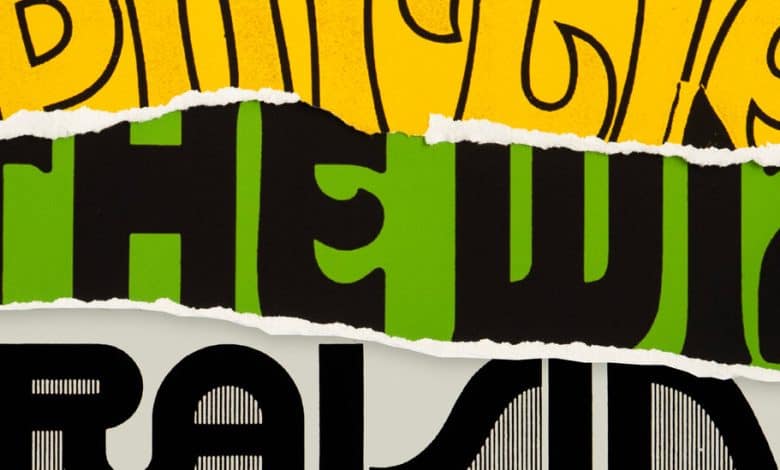Why Was This Treasure of Musical Theater All but Lost to the Ages?

Three Black book musicals were Broadway hits in the 1970s: “Purlie” in 1970, “The Wiz” in 1975 and “Raisin” in 1973, based on Lorraine Hansberry’s “A Raisin in the Sun.” That was Blacker than Broadway had been since 50 years before, when the 1921 hit “Shuffle Along” inaugurated a string of jolly all-Black shows that petered out during the Depression.
“Purlie” and “The Wiz” — along with “Dreamgirls,” which landed just past the decade divider in 1981 — have been well attended since the 1970s. “Purlie” was filmed for a video that got around a lot in the 1980s, and City Center’s Encores series revived it in 2005. “The Wiz” was made into a film that many Black people regard as iconic, and a revival is playing on Broadway now. “Dreamgirls” was also successfully filmed, in 2006, was revived on Broadway in 1987 and has had various touring versions; its original cast recording won two Grammys.
“Raisin” was a hit in its day. It is a faithful rendition of the play, the script written by Hansberry’s ex-husband, Robert Nemiroff (with Charlotte Zaltzberg), with music by Judd Woldin and lyrics by Robert Brittan. It ran for over two years, won the Tony for best musical and best actress (Virginia Capers) and Theatre World awards for three other leads. Its cast album, too, got a Grammy.
And yet you may never have heard of it. Even if you are old enough to have seen it back in the day, you probably have not thought about it in a very long time and might be hard pressed to hum even a few bars of any of the songs. Musical theater historians tend to blow by it with a couple of respectful sentences. That’s because “Raisin” basically dropped from sight after it closed. It’s had a regional revival or three, but compared with “Purlie,” “The Wiz” and “Dreamgirls,” it is a dead property.
I first encountered “Raisin” in 1986, by way of its cast album. I found it weak and wondered how the show had run so long. This was when I was first becoming interested in musicals (a bug that didn’t bite me until the end of my senior year in college). Compared with the Sondheim and Porter and Kander and Ebb stuff I was drinking in, the music of “Raisin” sounded to me like just the R&B on the radio from 10 or 15 years before, except with fewer hooks and stretched beyond what it could support.
Recently, however, a friend asked me what I thought of it, so I pulled out my LP and gave the score a listen. Now I am better equipped to hear what in 1986 sounded too recent in style for me to assess. Now I can see that the “Raisin” score was golden work, and it deserves more attention. (Encores, are you listening?)